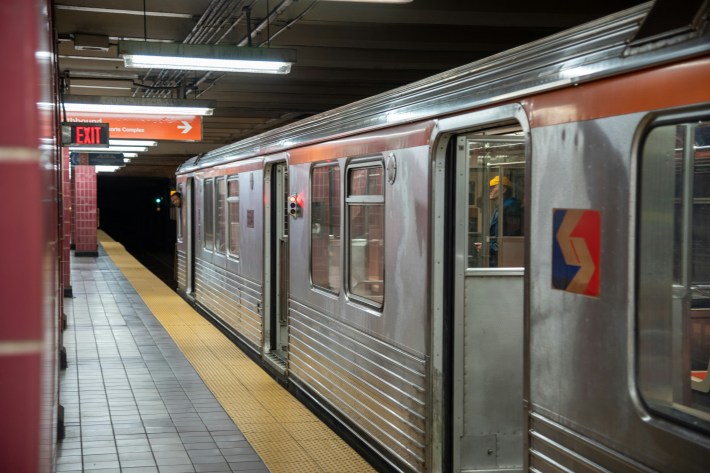Editor's note: A version of this article originally appeared on Pennsylvania Capital-Star. It is republished with permission.
I’ve been a bus driver for 21 years, and a public transit rider my whole life. For me and my fellow union members, public transit isn’t optional. It’s how we get to work, pick up groceries, and visit our loved ones.
It’s there on ordinary days and on some of the best ones, too — like next year, when Pennsylvanians will head to Pittsburgh for the NFL draft and to Philly for the World Cup. Personally, I don’t like driving in big cities. Transit is the reliable, affordable alternative that keeps traffic down and connects us all.
That is, if it’s still there when we need it.
SEPTA recently adopted a budget that will slash nearly half its transit service — proof that this crisis isn’t coming, it’s already here. If lawmakers don’t act, communities big and small will face the same consequences.
After years of underinvestment and short-term fixes, the 53 different public transit systems serving all 67 Pennsylvania counties are reaching a breaking point. Without a fix to funding needs, service cuts will begin as soon as next month — jeopardizing everything from daily commutes to once-in-a-lifetime events.
I’m already seeing the impacts in my community.

Photo: Noah Cote on Unsplash
On hot summer weekends, there’s no longer a Route 322 bus to take families to Hershey Park. Limiting that route to weekdays also means patients, medical workers, and even people facing medical emergencies can’t reach Penn State Hershey Medical Center by bus. As one of the largest emergency centers in central Pennsylvania, it needs reliable transit access. But cuts have already made care harder to reach.
More routes will be eliminated.
Fares will rise.
Entire communities will lose access to basic transportation.
Workers will lose jobs they can no longer reach. Students will struggle to get to class. Families will be cut off from health and child care. And more cars will flood our streets, worsening traffic, increasing pollution, and driving up asthma rates in already overburdened communities.
This crisis didn’t come out of nowhere. In 2022, a major source of dedicated transit funding expired. Since then, agencies have stretched every dollar and patched together temporary fixes. But that approach has run out of road. Lasting funding is needed or transit systems will continue dismantling themselves—one route, fare hike, and layoff at a time.
Let’s be clear: Public transit is not a luxury.
It’s essential infrastructure. And its benefits are not equally distributed, which is exactly why it must be protected and expanded. For many Pennsylvanians, including essential workers, seniors, students, and people with disabilities, it’s the only way to get around.
In Philly, more than one in three households lack car access. In Pittsburgh, nearly 60 percent of riders commute by transit. In smaller towns and rural counties, where a single bus route may be the only connection to a hospital or college campus, transit agencies provide over 45,000 rides every day. When service disappears, it’s not just mobility that’s lost—it’s opportunity.
Investing in transit also means investing in good, family-sustaining jobs. Mechanics, electricians, dispatchers, maintenance workers, and operators like me keep systems running. A robust transit system would support thousands of union jobs with good benefits.
Despite all this, Pennsylvania still hasn’t committed to long-term funding. The governor’s plan is a strong start, but a one-time boost won’t save the system. Agencies need stable, sustained funding. Riders deserve reliable service. Workers deserve job security. And our economy depends on both.
This isn’t a partisan issue.
It’s a public responsibility.
Reliable transit helps workers punch the clock, kids get to school, older adults stay independent, and communities thrive. We can’t treat it like an afterthought.
The good news? Solutions exist. What’s missing isn’t ideas, it’s political will. Read steps toward long-term solutions are needed now.
Because if we let public transit fail, we’re not just stopping buses—we’re closing off entire pathways to opportunity and economic growth.






